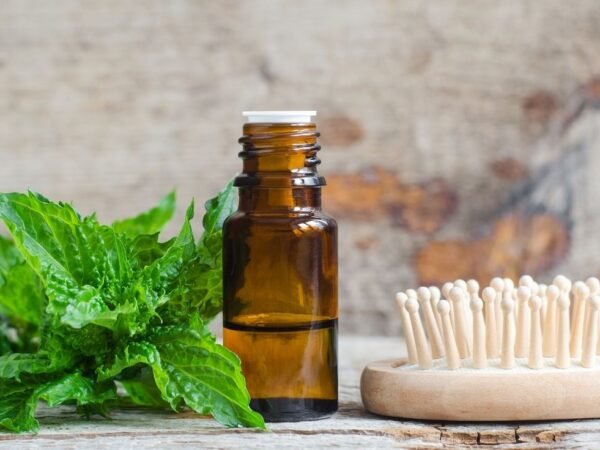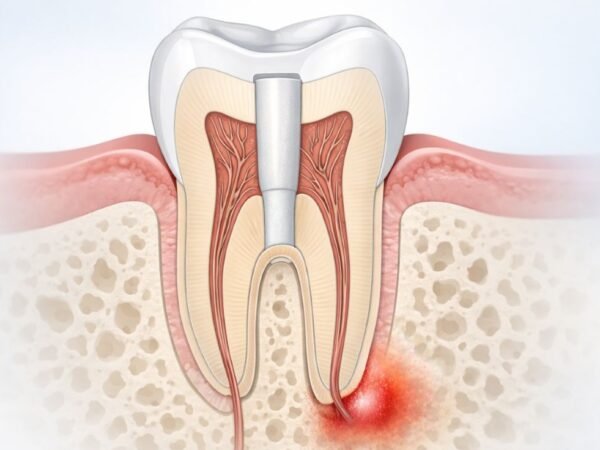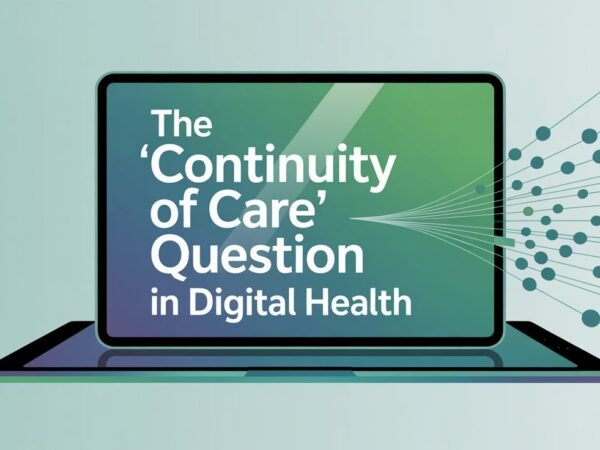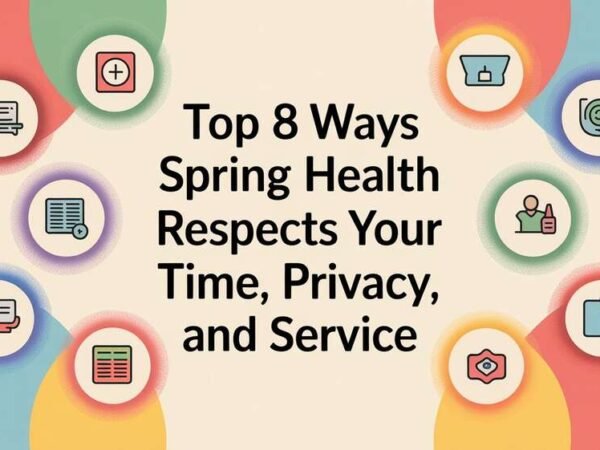Managing blood pressure in older adults is crucial for maintaining good heart health. High blood pressure, or hypertension, can lead to serious health issues like stroke, heart attack, and kidney disease. Understanding the causes, adopting a healthy lifestyle, and using medical solutions can significantly help control blood pressure. This guide provides practical tips and valuable insights into managing blood pressure in older adults.
What Are the Common Causes of High Blood Pressure in Older Adults?
Aging and Blood Vessel Changes
Aging naturally affects the elasticity of blood vessels. As people age, their blood vessels become stiffer, leading to higher blood pressure. The walls of the arteries tend to thicken, which makes it harder for blood to flow through them. This increased resistance in the blood vessels raises blood pressure, making older adults more susceptible to hypertension.
Lifestyle Factors and Their Impact
Lifestyle choices play a significant role in blood pressure levels. Factors such as a high-sodium diet, lack of physical activity, excessive alcohol consumption, and smoking can contribute to high blood pressure. Positive lifestyle changes, like a healthy diet and regular exercise, can help manage and reduce hypertension effectively.
Medical Conditions and Medications
Older adults often have other medical conditions that can affect their blood pressure. Conditions like diabetes, kidney disease, and obesity can contribute to high blood pressure. Additionally, certain medications for these conditions can also impact blood pressure levels. Seniors must manage these conditions and consult their healthcare providers about their medications.
How Can Diet Help in Managing Blood Pressure for Seniors?
The DASH Diet: What It Is and How It Helps
The Dietary Approaches to Stop Hypertension (DASH) diet is designed to lower blood pressure. It emphasizes consuming fruits, vegetables, whole grains, and lean proteins while reducing sodium, saturated fats, and sugars. The DASH diet helps improve heart health by providing nutrients and minimizing ingredients that raise blood pressure.
Foods to Avoid for Lower Blood Pressure
Older adults should avoid high-sodium foods such as processed meats, canned soups, and salty snacks to maintain lower blood pressure. Reducing the intake of sugary drinks, alcohol, and caffeine can also help. It’s crucial to read food labels and choose products with low sodium and sugar content.
Key Nutrients to Include for Heart Health
Certain nutrients are vital for controlling blood pressure. Potassium, found in bananas and sweet potatoes, helps balance sodium levels in the body. Magnesium, present in green leafy vegetables and nuts, relaxes blood vessels. Calcium from dairy or fortified plant-based foods also supports healthy blood pressure levels.
Can Exercise Lower Blood Pressure in Older Adults?
Best Types of Exercise for Seniors with Hypertension
Exercise is a powerful tool for lowering blood pressure. Activities like walking, swimming, and cycling are excellent choices for seniors. Gentle exercises like yoga and tai chi can also be beneficial. These activities help improve cardiovascular health without putting too much strain on the body.
How Much Exercise Is Recommended for Older Adults?
The American Heart Association recommends at least 150 minutes of moderate-intensity aerobic exercise per week for older adults. This can be broken down into 30 minutes a day, five days a week. Strength training exercises twice a week can also help maintain overall health and muscle strength.
Overcoming Barriers to Exercise in Seniors
Older adults might face barriers like joint pain, mobility issues, or lack of motivation. Starting with low-impact activities and gradually increasing intensity can make exercise more manageable. Joining community groups or exercising with friends and family can also provide encouragement and support.
What Medications Are Commonly Used to Control Blood Pressure in Seniors?
Standard Classes of Blood Pressure Medications
Several classes of medications are used to control blood pressure in seniors. These include diuretics, which help the body remove excess sodium and water; ACE inhibitors, which relax blood vessels; and calcium channel blockers, which reduce the heart’s workload. Beta-blockers and angiotensin II receptor blockers are also commonly prescribed.
Side Effects and Risks of Hypertension Medications
Blood pressure medications can have side effects such as dizziness, headaches, or fatigue. Seniors should closely monitor their symptoms and report any adverse effects to their healthcare provider. Medication type or dosage adjustments can mitigate these side effects while effectively managing blood pressure.
When Should Medication Be Considered?
Medication is usually considered when lifestyle changes alone are insufficient to control blood pressure. If an older adult consistently shows elevated blood pressure readings despite diet and exercise modifications, a healthcare provider may prescribe antihypertensive medications. Regular monitoring and follow-ups are essential to ensure effective and safe medications.
How Can Monitoring Blood Pressure Regularly Help?
Benefits of Home Blood Pressure Monitoring
Home blood pressure monitoring provides a convenient way for older adults to track their blood pressure consistently. By keeping a record of daily readings, individuals can identify patterns and make informed decisions about their health. It also helps in adjusting treatments and lifestyle changes more effectively.
Using Devices Like HUAWEI WATCH D2 for Monitoring
The HUAWEI WATCH D2 offers advanced features for blood pressure monitoring. It supports 24-hour auto-monitoring, providing insights into blood pressure trends and average readings throughout the day and night. The watch’s high-precision pressure sensor and miniature pump ensure accurate measurements, making it a reliable tool for older adults to monitor their heart health continuously.
How Often Should Older Adults Check Their Blood Pressure?
It is recommended that older adults check their blood pressure at least once a day, preferably at the same time each day. Regular monitoring helps detect any significant changes or trends requiring medical attention. For those on antihypertensive medications, more frequent checks may be necessary to ensure the treatment’s effectiveness.
Conclusion
Managing blood pressure in older adults is essential for preventing serious health complications. Seniors can maintain better heart health by understanding the causes, making dietary and lifestyle changes, considering appropriate medications, and monitoring blood pressure regularly. Tools like the Huawei Watch D 2 can provide valuable insights and support effective blood pressure management. These steps can lead to a healthier, more active life for older adults.













